NFT platform for ticketing and music announces token launch on Bittrex Global’s IEO Platform Starting Block
Many know nonfungible tokens (NFTs) for their original take on art. However, their utility is much more significant with use cases such as event ticketing. The current market for live event ticketing is estimated to be worth $72 billion and is projected to reach $95 billion by 2026. Unfortunately, despite significant growth, the ticket has not evolved past the barcode.
However, it isn't the format alone that makes the ticket inefficient; it is the concept. The traditional ticket has received criticism for its ability to be sold on secondary markets at a much higher price, enabling scalpers to profit at the expense of the event holder themselves. Of course, this concern is only second to fraudulent tokens being sold and locking people out of the event entirely. Taken together, many describe the current state of the ticketing industry to be nothing less of a mess.
NFTs have become the ticket to a music revolution for their ability to link artists, performers and event hosts directly to fans. Since each is backed on the blockchain, each is verified for its authenticity, allowing purchases to trace the origin of each to the object for eternity. Therefore, the concept of fraudulent tickets is eliminated entirely. Not to mention future sales, ensure the artist has a share in secondary profits through royalties, protecting the art itself.
Although the concept is far different from what the world is familiar with, platforms like YellowHeart Protocol are making this transition in the way the world approaches ticketing a reality. The YellowHeart Protocol has emerged as a major player in the music space, providing an NFT platform complete with Polygon-powered tickets. By holding onto these digital assets, fans can gain access to
Read more on cointelegraph.com




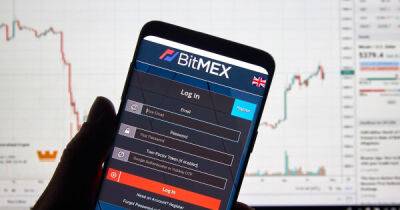



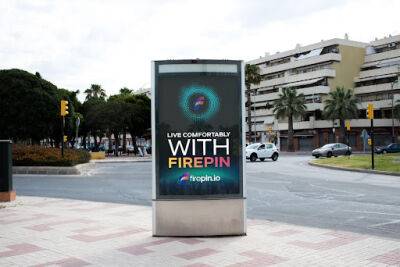




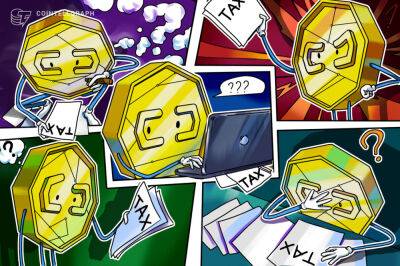

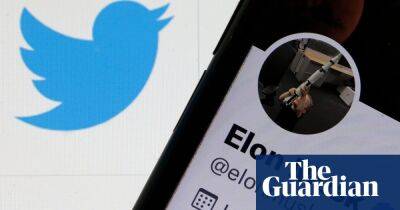
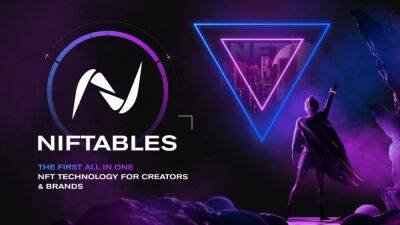


![Changpeng Zhao - Binance CEO’s latest announcement had this effect on TerraUSD [UST] prices - ambcrypto.com - city Santimentone - city Santimenthowever](https://finance-news.co/storage/thumbs_400/img/2022/5/16/25872_2iqo.jpg)
